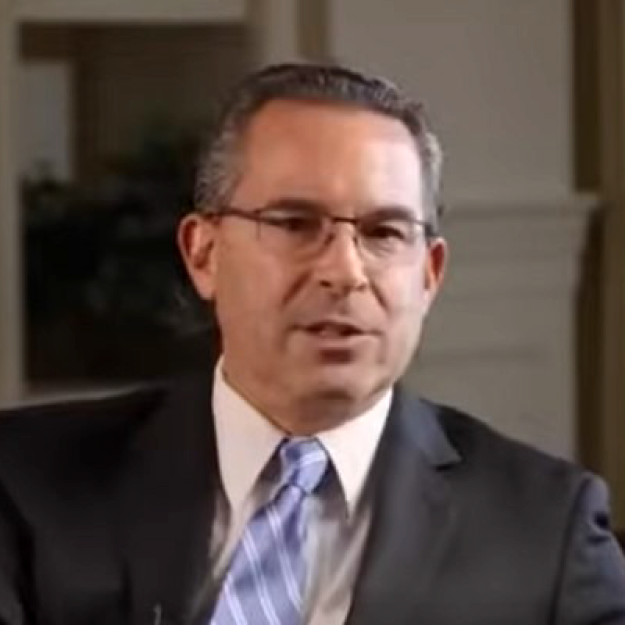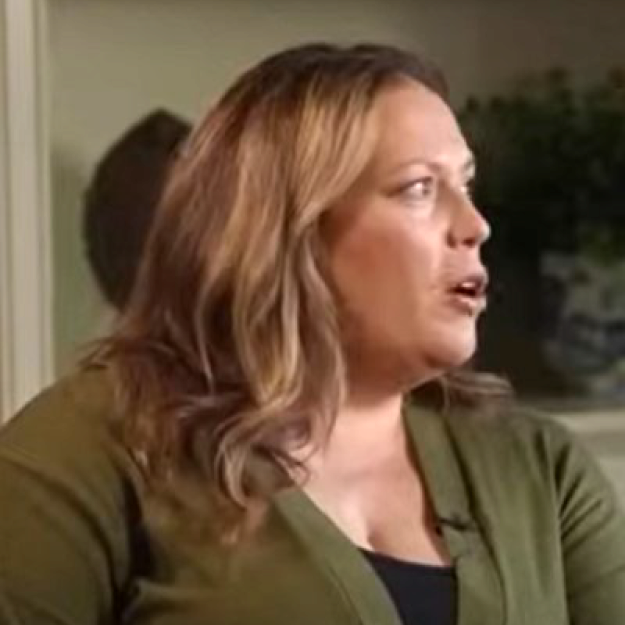Coalition Building

Paul Teller
Former Deputy Assistant to the President & Director for Strategic Initiatives, Office of the Vice President

Sarah Makin
Former Deputy Assistant to the President & Director of Public Liaison & External Affairs, Office of the Vice President
An Overview of Coalitions
- What is a coalition?
- A coalition is formed when two or more people or groups temporarily work together to achieve a common goal
- Building coalitions means you are engaging people on the outside of government to influence policy
- Individuals who take part in coalition groups are passionate about specific industries or policy areas, they are vocal, and they want to make a difference
- Examples of coalition groups: the pro-life movement, supporters of the second amendment, religious liberty groups
- Why are coalitions important?
- These individuals elected the President and expect the President and their administration to make good on campaign promises
- These individuals serve as a voice for the American people and can advise the administration on what policies are needed
- These are the individuals who will determine the outcome of the next election
- Where can coalition work be accomplished?
- The main place to work in coalitions is the White House Office of Public Liaison
- However, coalition work can and should be done throughout the administration
- Building relationships with the American public is important!
- Should I work in coalitions?
- Do you like working at the intersection of people and ideas?
- Do you enjoy policy AND building relationships?
- When working in coalitions you get a front row seat to the impact of the President’s policy agenda
What to do on Day One
- Start small. Don’t take on too much at once
- Figure out who your key allies are
- Make yourself available
- Take initiative - proactively reach out to people
- Listen twice as much as you speak!
How to use Coalitions to Advance the President’s Agenda
- You are an extension and a reflection of the President in your role
- Coalition relationships should be genuine and mutually supportive, not transactional
- Once you have built trust, you can then use coalition groups to help advance policy.
- Tangible actions/requests for coalitions partners:
- Release statements in support of specific bills or presidential actions
- Attend presidential events to show support (in DC or across the country)
- Speak at presidential events to show how specific policies have positively impacted their industry
- Pre-existing relationships and trust are crucial
Best Practices
- Build contact lists that can be sorted by interest (one person can be on multiple lists!)
- If you meet someone at a conference, get their business card, take it back to your desk, and put that person on as many lists as possible
- Bring people in, make them feel involved between major action items
- Send out a weekly or monthly update email
- Meet with coalition partners BEFORE a policy roll out and ask good questions:
- What do you think about this?
- How would you frame it?
- Are you willing to participate?
- Are you willing to help amplify?
- Soliciting feedback makes people feel involved and in that process, you acquire great ideas
- Remember: You are a reflection of the administration and of the President in everything you do, everything you say, and everything you write.
- Don’t be afraid to get to know people on a personal level. It doesn’t always have to be all policy!
- You will have opportunities to make people feel unique - for example, requesting a letter be sent from the President
- Share your contact information and encourage people to reach out to you
- Make sure to invite coalition partners to a variety of events - schedule an informal coffee, invite them to a roundtable, request their attendance at a Presidential event
- Seek out mentors - reach out to former conservative political appointees for guidance!
- Build a team around you - the bigger your team, the more people you can reach
- Each person on the coalitions team should lean into their strengths, interests, and background
- It’s okay to go outside your comfort zone too!
Damage Control
- Address any negative situations immediately
- Give coalition partners the opportunity to express their concerns - make sure they feel heard
- Pivot to show them something you have done or can do for them - offer real solutions
- You represent the President and sometimes you just have to take the heat
- If you messed up, apologize and find a way to make it up to the person
